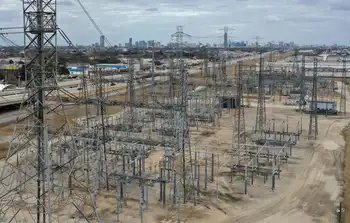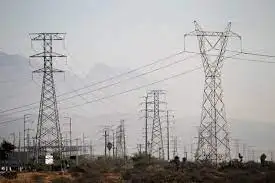FPL and Duke invest in hybrid EV conversions
The announcement was made during the Clinton Global InitiativeÂ’s (CGI) fifth annual meeting in New York City.
The joint commitment represents more than 10,000 vehicles and potential revenues of at least $600 million for manufacturers who can produce viable plug-in electric vehicles. The conversion has the potential to reduce greenhouse gas emissions by more than 125,000 metric tons over the next 10 years.
Duke Energy and FPL Group will begin this transition in the coming years – with the goal that 100 percent of all new fleet vehicles will be plug-in electric vehicles (PEVs) or plug-in hybrid electric vehicles (PHEVs) by 2020. In announcing their partnership, FPL Group and Duke Energy called for a wide variety of organizations to commit to greening their vehicle fleets, including corporations, governments, universities and other agencies.
“The more organizations that join this initiative, the more we can develop a sustainable transportation future,” said Lew Hay, FPL Group chairman and CEO. “The Clinton Global Initiative continues to serve as a catalyst for bold commitments to address serious challenges such as energy security and climate change. This commitment will help lead the way to carbon reductions in the second largest source of emissions in the U.S. economy.”
The FPL Group/Duke Energy commitment will positively impact millions of people in the regions served by the two companies through cleaner air, reduced noise pollution and less dependence on foreign oil.
Plug-in electric vehicles reduce overall carbon emissions by up to 70 percent (100 percent if charged by zero-carbon, renewable energy sources) and lower fuel costs by about 80 percent. If PEVs replaced all gasoline-powered vehicles in the United States, they would reduce the need for foreign oil imports by nearly two-thirds.
The initiative will begin January 1, 2010, when both companies will begin tracking their commitment. While passenger vehicles and smaller trucks are already planned, Duke Energy and FPL Group will work closely with manufacturers to test and measure the effectiveness of prototype bucket trucks in 2011 and 2012. The remainder of the commitment period will be spent transitioning vehicles, educating the public, soliciting additional partners and providing periodic progress updates. The project is scheduled for completion by December 31, 2020.
“A 10-year commitment gives us time to adopt, test and integrate new technology into fleets as a wider range of vehicles are developed,” said Jim Rogers, chairman, president and CEO of Duke Energy. “Currently, the only near-term options for available PEV supply are sedans, minivans, vans and a few bucket trucks. Over a 10-year horizon, it is expected that options will be available for most utility service categories.”
Said Hay: “This commitment will provide the transportation industry the evidence that a robust market for PEVs exists. FPL introduced the technology for medium-duty, hybrid bucket trucks and developed the concept of using biodiesel in hybrids, and we hope this initial joint commitment will encourage corporations, governments, universities and other non-profit organizations to join us in converting their fleets to plug-in hybrid or all-electric vehicles by 2020.”
The FPL Group/Duke Energy initiative was developed following the March 2009 Clinton Global Initiative Planning Retreat, a forum for building industry leadership.
“Through discussions with CGI’s innovation team, Duke Energy and FPL Group took this spark of an idea and ignited it into a full CGI commitment, inviting others to join,” Hay said.
“The opportunity for the transportation sector to transition from gasoline or diesel fuel-powered vehicles and trucks has never been greater,” Rogers added. “As global climate change and energy security loom large as some of the greatest issues faced by our generation, electric-powered vehicles hold great promise as the means to significantly reduce carbon emissions and reduce the U.S. dependence on foreign oil.”
Related News

N.S. approves new attempt to harness Bay of Fundy's powerful tides
HALIFAX - An Alberta-based company has been granted permission to try to harness electricity from the powerful tides of the Bay of Fundy.
Nova Scotia has issued two renewable energy permits to Jupiter Hydro.
Backers have long touted the massive energy potential of Fundy's tides -- they are among the world's most powerful -- but large-scale commercial efforts to harness them have borne little fruit so far.
The Jupiter application says it will use three "floating barge type platforms" carrying its patented technology. The company says it uses helical turbines mounted as if they were outboard motors.
"Having another company test their technology in…





